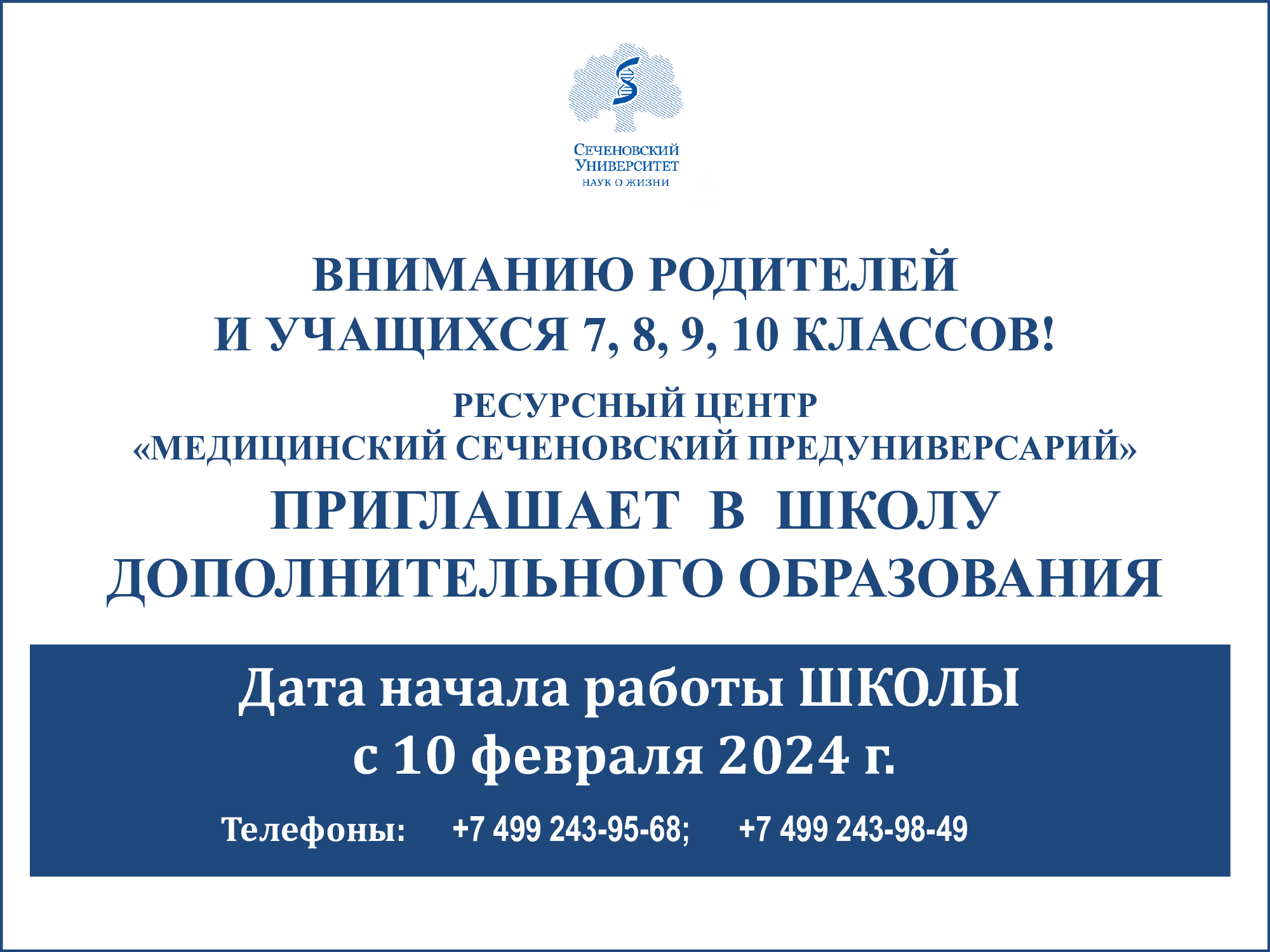Репозиторий Университета
Problems of clinical diagnosis and treatment of P. Falciparum malaria in Russian Federation
Аннтотация
© 2018 Media Sphera Publishing Group.All Rights Reserved. Aim. To study the causes of falciparum malaria deaths in Russian Federation and to optimize therapy for severe forms of the disease. Materials and methods. The analysis of falciparum malaria cases with deaths recorded in Russian Federation from 2013 to 2017 was conducted. The results of optimization of pathogenetic therapy of severe forms of falciparum malaria for the prevention of adverse outcomes in the intensive care unit of the Infectious Clinical Hospital №2 of Moscow in 44 patients with severe course are presented. Treatment, clinical laboratory and instrumental investigations were carried out in accordance with our intensive care protocol, which took into account the current WHO recommendations. Results. From 2013 to 2017 there were nine deaths from falciparum malaria reported in patients from African countries (6) and India (3). In Russia, due to the lack of effective drugs of artemisinin group, quinine with tetracycline or doxycycline is used for etiotropic therapy of patients with complicated form of falciparum malaria. In the management of such patients, the basis for treatment was the prevention of is-chemic, reperfusion injuries of organs and hemorrhagic complications. In the infectious clinical hospital №2 of Moscow, since 2007, the intensive care unit has developed and tested a protocol for intensive therapy in patients with severe and complicated forms of falciparum malaria, including preventive methods of extracorporeal hemocorrection with prolonged veno-venous hemodiafiltration therapy and plasmapheresis, as a result of which the mortality rate decreased from 84 to 6.8% Conclusion. The country's lack of anti-malarial drugs, the insufficient awareness of the population about the risk of infection and measures to prevent malaria, late referral of cases for medical care and errors of clinical diagnosis and treatment annually lead to fatal outcomes. In such situation, the experience of optimizing the treatment of severe falciparum malaria is particularly useful, allowing decreasing the mortality.
Вернуться назад








